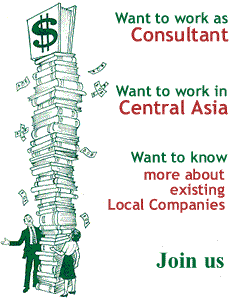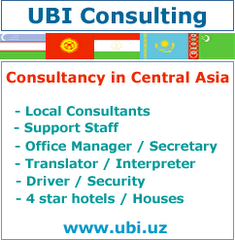Lots of people that call themselves consultants do things that I would not personally consider consulting. I think consulting is when you have some kind of special expertise -- come by through hard struggle and learning -- that you transfer to a group of people, in a relatively short period of time, and in a way that is unique for that group. I also think that consulting involves addressing particular issues faced by that group.
If it was easy to transfer to someone else, then a client could acquire that expertise without a custom consulting session (it could be turned into a seminar, for example). Ironically, many consulting firms feel the pressure to grow and make more money, and end up ignoring this principal fact. Instead, they succumb to simple arithmetic and decide that they need to "scale up" by adding more bodies, pretending that each of these bodies can be imprinted with the experience and hard-learned lessons of the principal consultants. It becomes clear within the consulting firm that this isn't so, and so the firm, as it grows, must change its perspective about the meaning of the word "consulting." And under certain economic conditions (rampant growth in the industry) the service provided by this reinvented consulting firm is still valuable. But it is a far cry from what the original firm offered, although that firm is still charging fees as if each client was getting the services of a principal consultant. And if the economy turns, as the computer economy has done many times, the consulting firms are the first to fall, as they are the easiest way to cut costs.
Perhaps the problem comes down to this: consulting (what I consider consulting, anyway) doesn't scale. For me, it involves a lot of study and struggle, and occasionally I go out and transfer some of what I've learned to a client. Because I need to pay for the time I spend on my own while struggling with these ideas, I must charge a premium when I visit a client. Money, however, isn't the most important form of payment. An energizing experience is worth a lot more than a high fee. An interesting project -- is always tempting.
If you work for yourself or within a small, privately-held group, you can make the decisions that maintain this balance, but as soon as the idea of scaling intrudes (or perhaps "scaling with the primary objective of amplifying the cash flow of the company"), I think the eventual fate of the consulting company is sealed.
Consulting is first and foremost a human activity, and I believe that the primary motivation must be in improving the quality of the client's experience. One reason that the consulting fee must be relatively high is that this experience is a rare thing, both for the consultant and for the client, and the consultant is being paid for the unpaid time that he or she invests. But this form of consulting doesn't scale, not even on an individual level. A consultant who spends all his time on the road is not allowing the time for reading, communicating and reflection that I consider essential to maintain quality. Installing the same techniques in the same way from company to company is something, and it may have value, but it isn't what I would call consulting.
One of the ironies of consulting is that the goal of the consultant must be to make him or herself obsolete. You must so effectively transfer your knowledge and solve the client's problem that they don't need you anymore. But when a consulting firm scales up, their primary objective shifts away from providing value to the client towards providing consistent cash flow for the company. This pushes towards making the customer dependent upon the consulting firm. One of the things that makes a good consultant unusual is the counter-tendency of not wanting to drift into anything that looks like an employee relationship, despite the promise of consistent cash flow. What makes me happiest is to see people understand what I give them, put it to work, and show me that they no longer need me.
skip to main |
skip to sidebar


Know more about Consulting Business and Consultants in Central Asia
Consulting BLOG

Advert

Most active consulting firms:
- ABG
- AIM
- AITEN
- Alvin Market
- Ansher Capital
- Asia Invest
- Big Idea Group
- BISAM
- BRIF
- CaspiEcology Environmental Services
- CEAS
- Centras Securities
- ComCon-2
- CTC
- Delta Max Capital
- DMC
- ENSAFE
- Expert
- GBS
- GFK
- HRC
- IBC Group
- ICC Associates
- IGM
- IKS
- Imanali-Soft
- Kazakhstanskaya Organizatsya Kachestva
- M-Vector
- MBM
- MNT
- MSB
- Prime Consult
- Renessance
- Ritm Plus
- Senti
- Servaer
- SGS
- Sifat Konsalting
- SKS
- The Rice Group
- Tsiar-Konsalt
- UBI Consulting
- V-Ratio

No comments:
Post a Comment